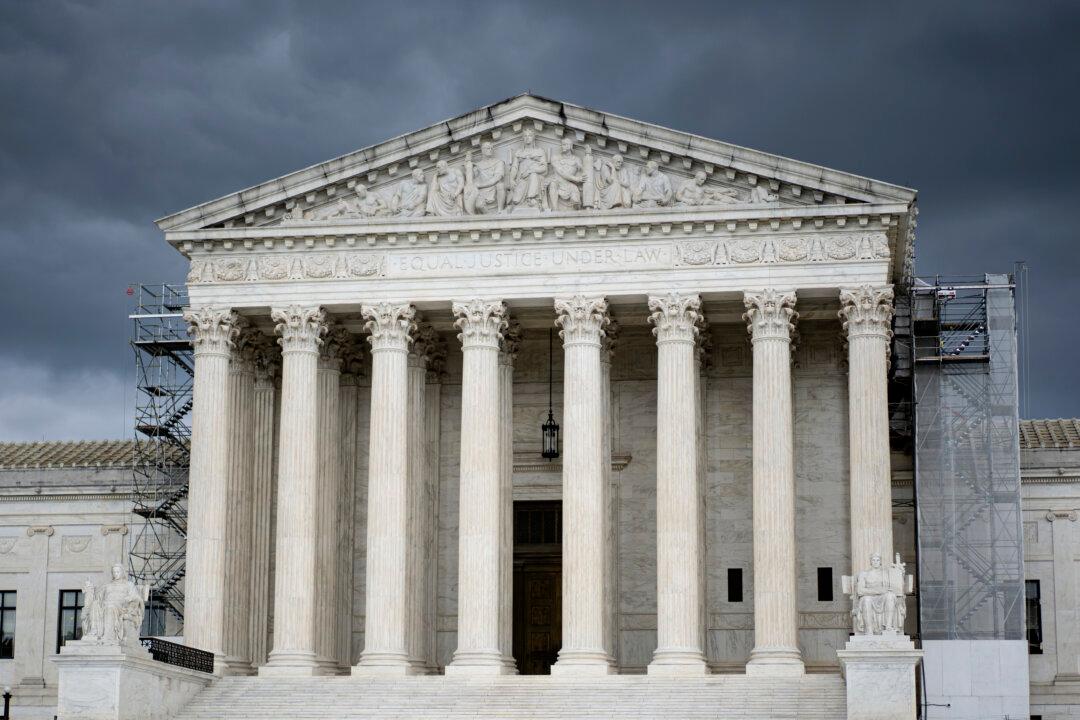The Supreme Court unanimously ruled that the National Rifle Association (NRA) plausibly alleged that a former New York state official violated the First Amendment by pressuring insurance companies to cut ties with the gun rights organization.
“A government official can share her views freely and criticize particular beliefs, and she can do so forcefully in the hopes of persuading others to follow her lead,” Supreme Court Justice Sonia Sotomayor wrote in the majority opinion on May 30.





